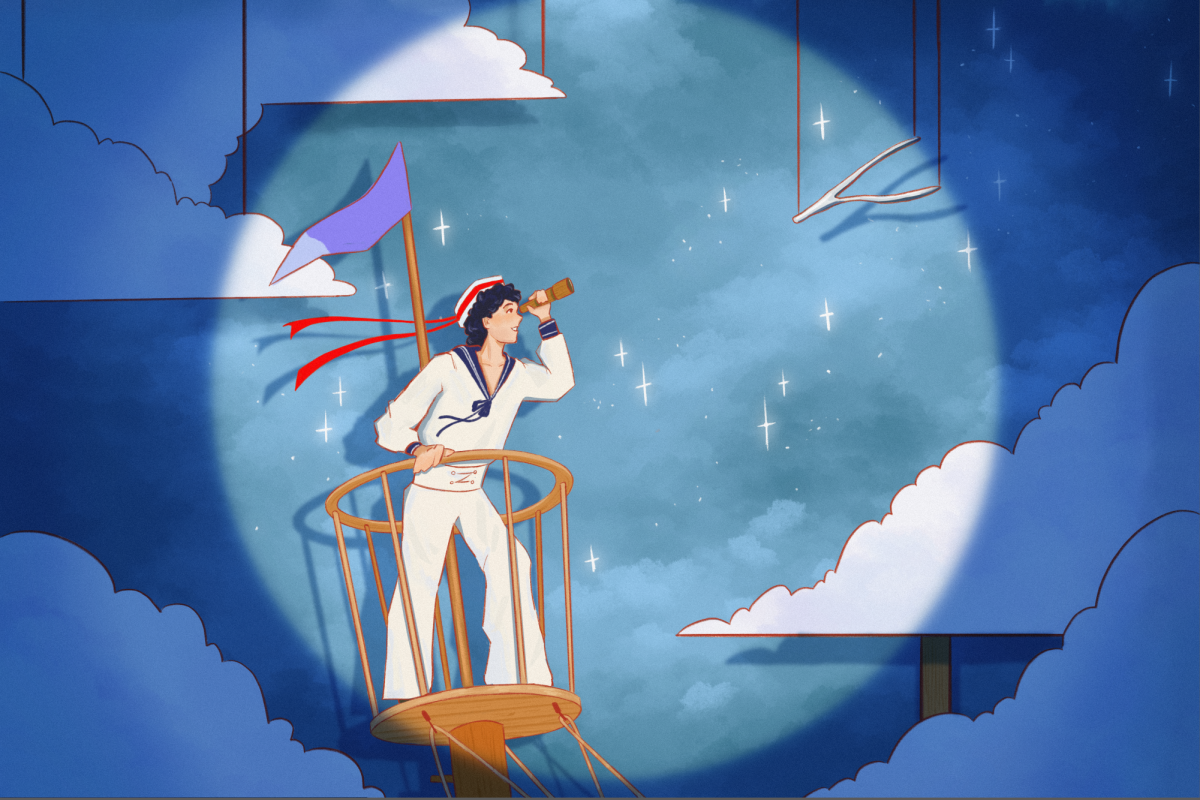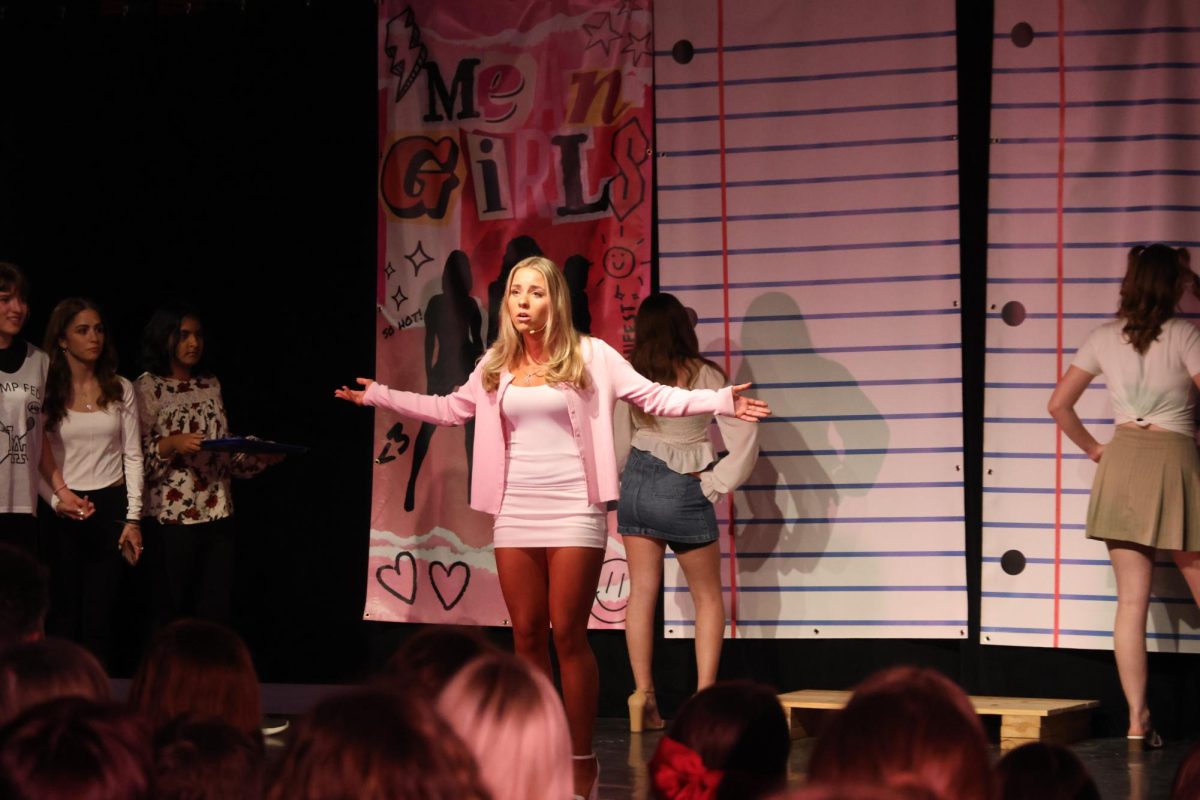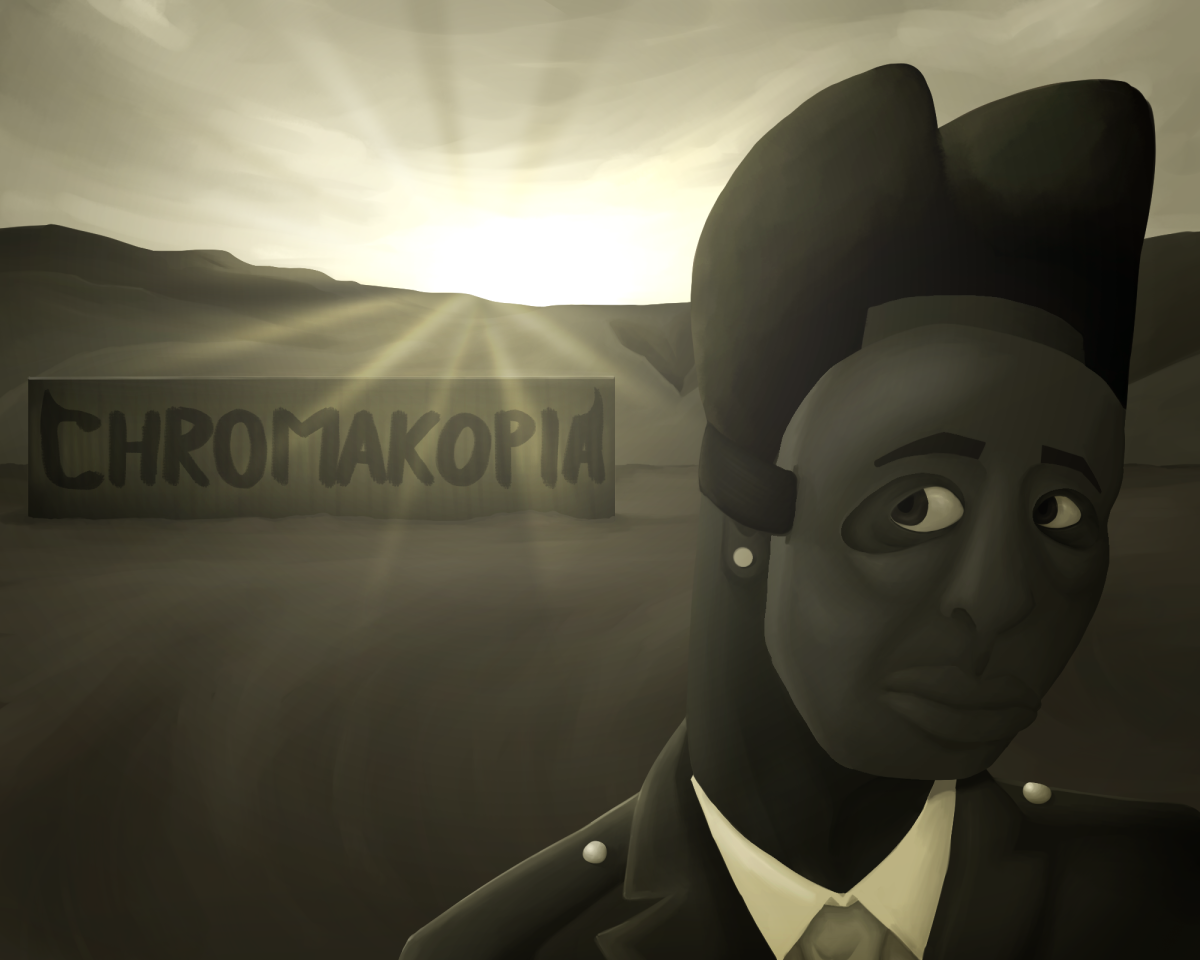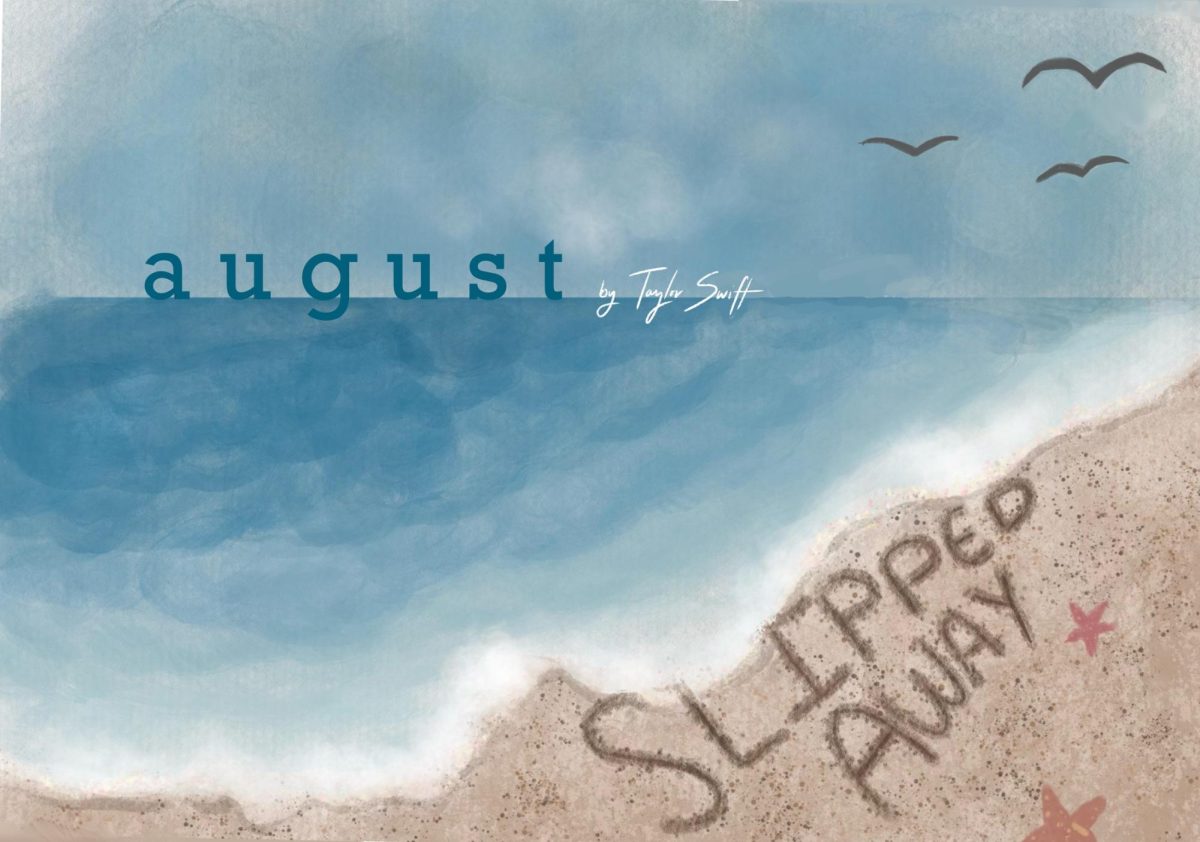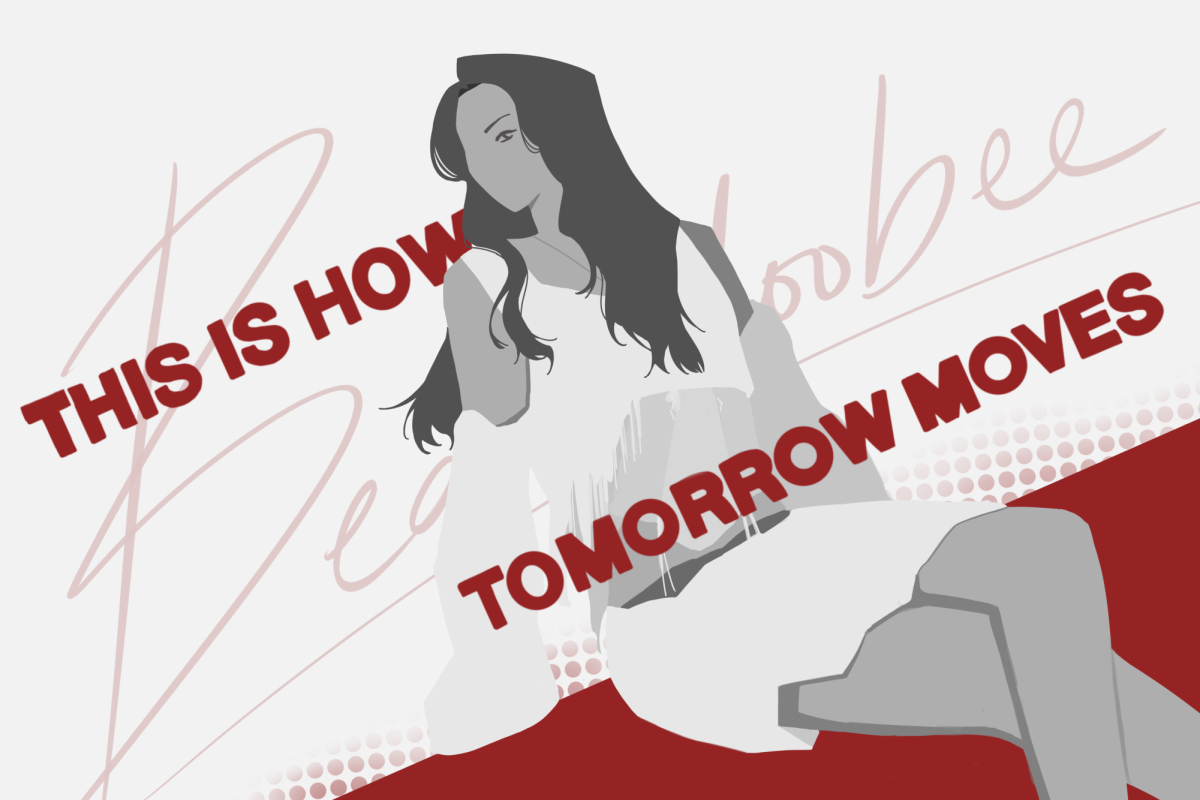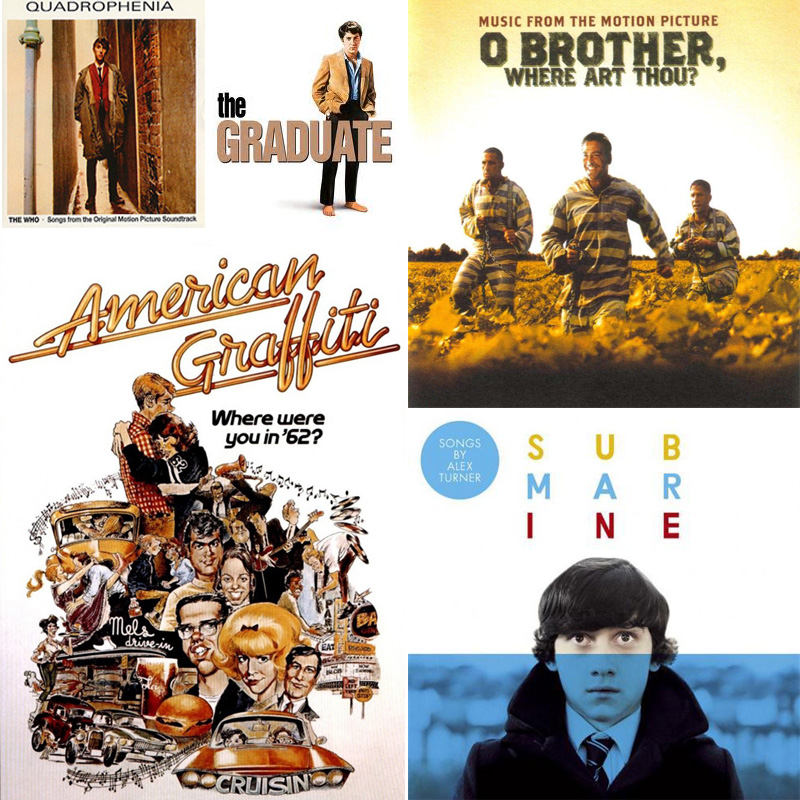
One of the most overlooked aspects of any great movie is the soundtrack. What you are hearing when the characters aren’t talking is just as important as what you hear when they are. Dialogue may convey information, but a good soundtrack can convey the mood of the whole movie. Compiled below are five of the best movie soundtracks of all time.
1. “O Brother, Where Art Thou?”
Set in Depression-era rural Missouri, the soundtrack to “O Brother, Where Art Thou?” is chock full of amazing old folk and country songs that are so good that even I, not a huge fan of country music, absolutely love them. A fictional band from the movie, The Soggy Bottom Boys, play a few songs on the album, and having heard the soundtrack before seeing the movie, I thought they were a real band from the 1930s.
A lot of the music on the soundtrack sounds very authentically old, but most of it is actually fairly recent, with Allison Krauss and Emmylou Harris singing on “I’ll Fly Away,” “Didn’t leave Nobody But The Baby,” and “Down To The River To Pray.” Even though most of the songs aren’t that old, a few are, including Harry McClintock’s 1928 recording of “Big Rock Candy Mountain,” a song about a hobo’s paradise, and my favorite song on the soundtrack. The “O Brother, Where Art Thou?” soundtrack compiles some amazing old or authentically old-sounding folk and country hobo perfect for hitchhiking through the 1930s.
2. “American Graffiti”
Following a story of the night-crusing teenagers of the late 50s and early 60s, the “American Graffiti” soundtrack delivers a huge array of mostly fifties hits you’d be likely to hear in anyone’s stereotypical vision of a 50s diner. The amazing vocals of The Platters’ “Smoke Gets In Your Eyes” and the The Skyliner’s heartbreaking “Since I Don’t Have You” are juxtaposed with faster sock hop tunes such as the Monotones’ “Book of Love” and Bobby Freeman’s “Do You Wanna Dance.” Essentially a collection of greatest hits from the 50s and early 60s, the “American Graffiti” soundtrack is full of fun songs that would be the toast of any sock hop.
3. “Quadrophenia”
A story of self-discovery and confusion within the mod subculture of 60s Britain, “Quadrophenia” is based on The Who’s 1973 album of the same name. Most songs on the soundtrack are songs from the “Quadrophenia” album, as well as a few unreleased early Who songs and various pop hits of the mid-sixties that are featured in the movie.
Classic songs from the original album are amazing, like “Love Reign O’er Me” and the fast-paced “5:15;” but the unreleased songs such as “Four Faces,” a fun and happy-sounding yet sad song about the four-faceted schizophrenia that afflicted the movie’s main character, and “Zoot Suit,” a very British invasion-sounding song about Mod fashion that The Who released as The High Numbers in their early days are what makes the soundtrack to Quadrophenia so unique and wonderful. Other songs like “Be My Baby” and “Da Doo Ron Ron” by legendary girl groups The Ronettes and the Crystals, respectively, round out the album as a widely varied yet coherent compilation of quality music that’s the perfect backdrop for the life of a misunderstood mid-century London teen.
4. “Submarine”
Featuring a less extensive collection of songs than the movies mentioned previously, the “Submarine” soundtrack is a five-song EP by the Arctic Monkeys’ Alex Turner, and each song perfectly reflects the cloudy, sparse, and sadly lovesick mood the movie creates. “Glass in the Park, ”“Hiding Tonight,” and “It’s Hard to Get Around the Wind” reflect this quieter, sadder side of the movie with their slow tempos and lullaby-like vocals. The last two songs, “Stuck on the Puzzle” and “Piledriver Waltz” sound a little less depressing with their faster tempos, but retain an air of melancholy and are beautiful nonetheless. What the “Submarine” soundtrack lacks in breadth it makes up for in depth.
5. “The Graduate”
The origin of the classic “Mrs. Robinson,” the soundtrack to “The Graduate” is completely composed of Simon & Garfunkel songs. “The Sound of Silence” gets a lot of play time as the depressed and confused main character’s theme song. The dark tones of the song represent the shame surrounding his unorthodox relationship with Mrs. Robinson, who has her own song on the soundtrack (the Simon & Garfunkel hit of the same name). The lyrics of the song “Mrs. Robinson,” though written for the movie, make no sense with the plot. Other standout songs on the soundtrack include the haunting yet beautiful “Scarborough Fair/Canticle” and “April Come She Will.”


